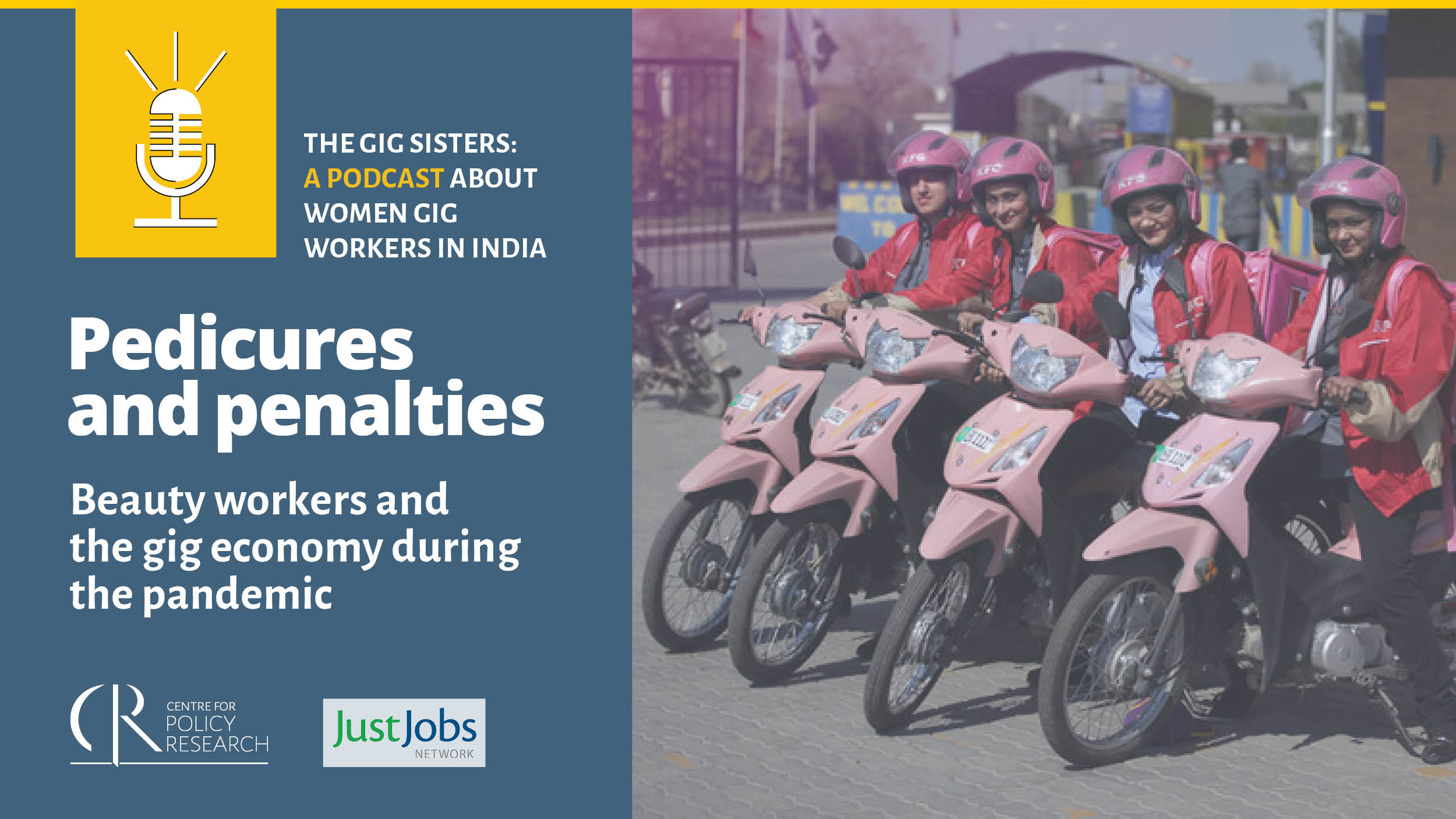Recently, I opted for a car cleaning service that communicated with the customers only through WhatsApp. Since I had got to know about them through a trusted source, I made the payment in advance. The company assigned my car to this ‘person in question’ who never appeared on my door or showed me his face. After a day or two, I realized that this person has stopped cleaning my car. I texted the WhatsApp Business Account number, and I received a reply that the issue will be investigated. However, when they failed to get back to me, I decided to call them. To my utter dismay, I received an automated reply, “WhatsApp calls cannot be taken as this is WhatsApp API software.” Frantically, I send them multiple texts but only received ‘robotic’ responses. This continued for days, and it felt like I was trapped inside an episode of dystopian Netflix series ‘Black Mirror’, where I just wanted a human to call me once and explain the issue. It felt like I wanted to be heard, heard by a human, a human that could give me a human response.
What I experienced only for a few days, is a reality for millions of workers ‘employed’ in the digital platform economy. On numerous digital labour platforms such as Swiggy, Zomato, Uber, Ola, and Urban Company, algorithms assign and allocate the work that is still done by human managers on the other side of the spectrum. These labour platforms leverage artificial intelligence tools to profile the professionals based on their historical and demographic data. They examine patterns of providers, minutely track their behaviour, record the user ratings, and then match the demand and supply in a particular location. These platform workers interact with a “system” rather than humans, where the opportunities for feedback and negotiation are minimal, and even the performance is evaluated through artificial agents that set rewards and penalties.
These machines often fail to treat workers as humans – as people who can fall sick, need a leisure break, socialise with others to stay motivated, de-route to pick up their children from school, attend to an emergency at home, or even lose their temper occasionally. In a normal work environment, a human bond is generally formed between an employer and employee, where employers often tend to understand their team-members and deal with compassion during tough times.
During my interaction with female taxi drivers for my ongoing PhD research work, I realized how women drivers working for non-app-based taxi services, spoke fondly of their assignment managers and co-founders. One of them said, “I was very afraid of starting new things because my confidence level was not that good. First, they give you the confidence over there. Like, “you can do, you can do,” that is the first thing. And then they give you training, I took a longer time to train because my confidence level was very low, but they were very, very patient with me. They have that patience, that care, they care also.” She further explained how comfortably she informs her assignment manager whenever she has an emergency at home and must cancel a ride, “If it is an emergency, I can’t help it out, they arrange it very fast. Aarti does all those Superman work. Vandana madam is also very understanding. That is the thing, she understands us.”
Academic research has often pointed out how algorithmic management accompanied with technology-mediated interaction negatively impacts workers’ mental health and psychological well-being. The constant surveillance even reduces productivity and amplifies frustration resulting in ‘clever ways’ to fight it. The drivers are continuously tracked by ride-sharing apps and if they fail to follow any of the instructions provided by these apps, they either get penalized or banned from the platform. Noopur Raval, a postdoctoral research fellow at the AI Now Institute at New York University, notes that these technologies are mostly deployed and refined through their use on informal and semi-formal workers due to lack of transparency and regulation of the platform economy. While the automated machines perform the administrative and repetitive tasks for the white-collar workers, allowing them to focus on the cognitive and productive tasks, blue-collar workers are subjected to algorithmic management and control, leading to ‘double marginalization’ of the vulnerable population.
While we cannot undermine the progress and opportunities associated with technological transformation, my research in this sector makes me worry that our techno-paranoia could soon become a reality if we do not consider hybridising the technology. The need of the hour, especially in context to digital labour platforms, is to ‘techbridize’ – use the hybrid version of technology and retain the humans and the human connection. Let’s not wait for the day when algorithms take over the managers in our mainstream jobs, and we have no choice but to send and receive ‘robotic’ messages.
This was originally published in The Times of India here.




